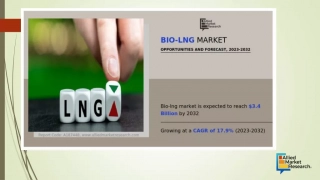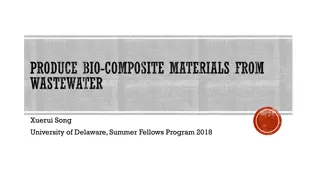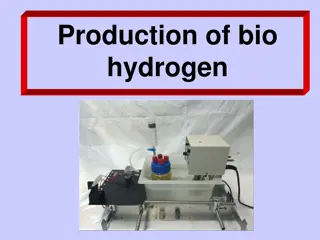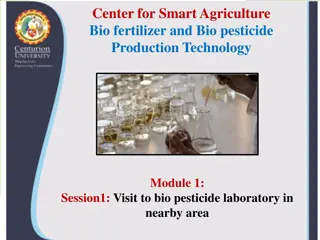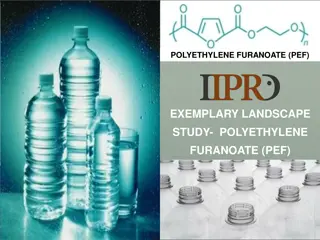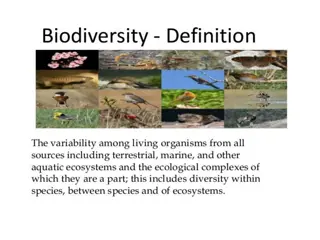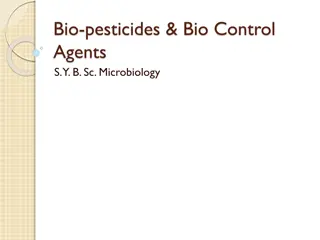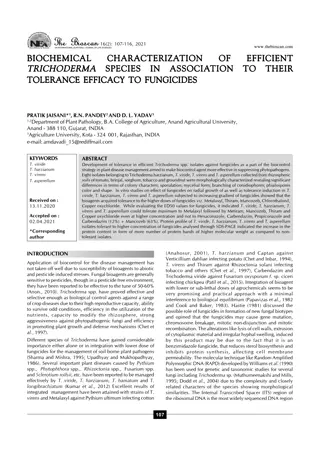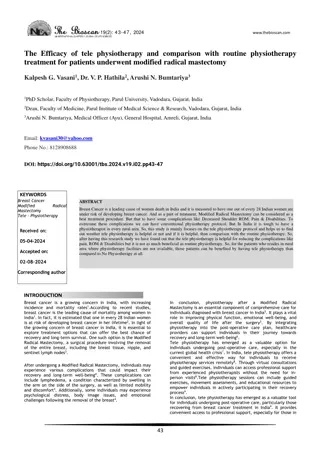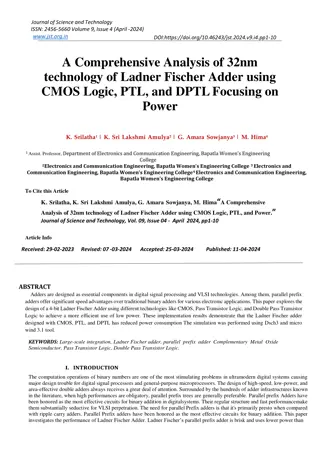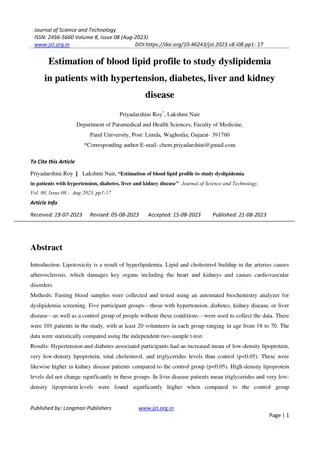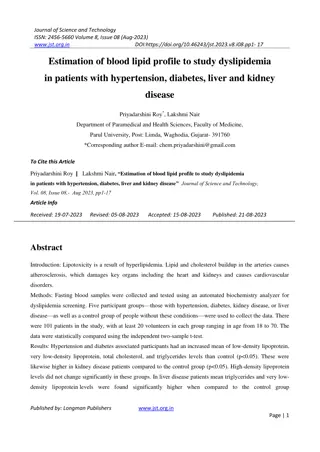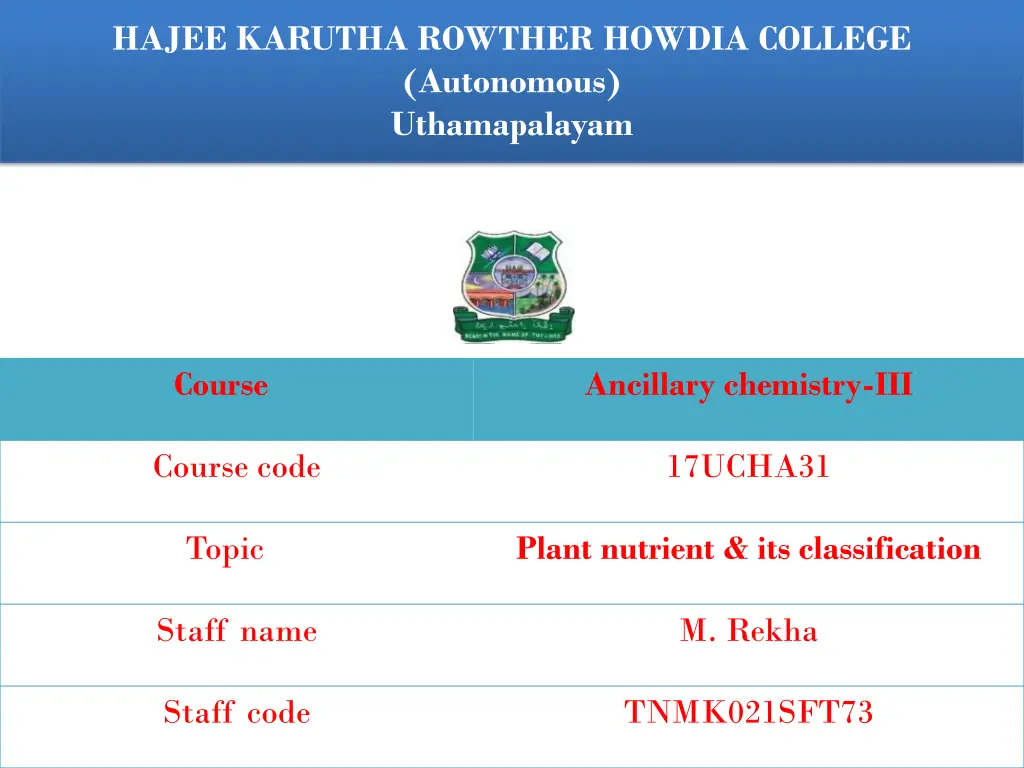
Plant Nutrients and Classification: Essential Elements for Growth
Discover the importance of plant nutrients and their classification into essential elements for optimal growth and development in plants. Explore macro and micronutrients, including major and minor nutrients, and understand their roles in fostering healthy plant growth. Uncover key topics such as fertilizer types and the vital role of NPK in plant development.
Download Presentation

Please find below an Image/Link to download the presentation.
The content on the website is provided AS IS for your information and personal use only. It may not be sold, licensed, or shared on other websites without obtaining consent from the author. If you encounter any issues during the download, it is possible that the publisher has removed the file from their server.
You are allowed to download the files provided on this website for personal or commercial use, subject to the condition that they are used lawfully. All files are the property of their respective owners.
The content on the website is provided AS IS for your information and personal use only. It may not be sold, licensed, or shared on other websites without obtaining consent from the author.
E N D
Presentation Transcript
HAJEE KARUTHA ROWTHER HOWDIA COLLEGE (Autonomous) Uthamapalayam Course Ancillary chemistry-III Course code 17UCHA31 Topic Plant nutrient & its classification Staff name M. Rekha Staff code TNMK021SFT73
Unit V Fertilizers Plant Nutrient Role of NPK in plant growth classification of fertilizers natural and chemical fertilizers urea super phosphate triple super phosphate potassium nitrate potassium chloride ammonium nitrate calcium ammonium nitrate (CAN) and complex fertilizers fertilizer industry in India.
Plant Nutrients: Plant requires mineral elements for their normal growth and development called plant nutrients. E.g. Carbon, hydrogen, oxygen, nitrogen etc., These nutrients are absorbed from the rooting medium and used up by the plants for their growth.
Essential nutrients The elements such as carbon, hydrogen, oxygen, nitrogen, phosphorus, potassium, calcium, manganese, zinc, molybdenum & chlorine are very essential for plant growth called essential nutrient. The essential nutrients are 16 in number. The deficiency of any one of these elements affects the plant growth. Essential nutrients are classified in to two types,
1. Macro nutrients 2. Micro nutrients Macronutrients: Carbon, phosphorus, sulphur are requires relatively large amount for the plant growth and development nutrients. Macro nutrients are further classified in to two types Major (or) Primary nutrients Minor (or) Secondary nutrients. hydrogen, potassium, oxygen, nitrogen, calcium, magnesium & called macro
Major (or) primary nutrients These elements are required more quantity than compared to the requirement macronutrients. E.g Nitrogen, phosphorus, and potassium. of other Minor (or) Secondary nutrients Elements like calcium, magnesium and sulphur required in smaller quantity macronutrients termed as secondary nutrients. than the primary
Micronutrients Iron, boron, copper, manganese, zinc, molybdenum and chlorine are required relatively smaller amount for the development called micronutrients. plant growth and
Role of NPK in plant growth Nitrogen Nitrogen plays vital role in protein synthesis. These promote the rapid and vigorous growth of leaf and system. This type of protein protoplasm and improves the quality of leaf and crops. Nitrogen is a constituent of chlorophyll gives dark green color to the plant leaves and helps photosynthesis. makes part of the
Phosphorus Phosphorus plays a key role in energy metabolism. Phosphorus helps energy transfer in plants by way of forming ADP, ATP & NADP. High energy phosphate bonds are involved in the respiratory and photosynthetic process. It is a constituent of nucleic acids, nuclei proteins and phospholipids. Thus, it increases oil content of the plant seeds. Phosphorus required for glycolysis. It contributes the formation of reproductive parts in the early life of the plant.
Potassium Potassium needs for the formation and movement of carbohydrates in plants. It is essential for protein synthesis. Potassium controls water metabolism in plants. It contributes to the vigor of the plant and provides resistance to frost and disease.
Classification of fertilizers Fertilizers are classified in to four types 1.Natural fertilizers (or) Manures 2.Artificial (or) chemical fertilizers 3.Direct fertilizers 4.Stimulant fertilizers Natural fertilizers (or) Manures The various substances derived from plants and animals are called manures. E.g. Cow dung, birds excreta, plant leaves, sewage sludge, oil cakes of ground nut oil.
Artificial fertilizers (or) chemical fertilizers These are various chemical compounds which may occur naturally but can be synthesizes by chemical process. Chemical fertilizers are further classified in to three types based on their nature of elements present in it. Nitrogenous fertilizers Phosphate fertilizers Potash fertilizes
Nitrogenous fertilizers These types of fertilizers generally supply nitrogen to the soil in the form of NH3. E.g. Ammonium sulphate H2NCONH2, Calcium Ca(NO3)2NH4NO3. Phosphate fertilizers These fertilizers provided phosphorous to the soil. E.g. Super phosphate dihydrogen phosphate + gypsum), triple supper phosphate CaH4(PO4)2, NH4H2PO4. (NH4)2SO4, urea nitrate ammonium of lime (Calcilum ammoniated phosphate
Potash fertilizers These fertilizers provided potassium to the plant. E.g. Potassium chloride KCl, potassium nitrates KNO3, potassium sulphate K2SO4. Direct fertilizers These are directly utilized by the plants. E.g. Ammonium and potassium salts of nitrates, super phosphates. Stimulant fertilizers These type of fertilizers improves the conditions of the soil. E.g. Hums, lime, gypsum.
Today our studied topics were Plant Nutrients Essential nutrients 1. Macro nutrients 2.Micro nutrients Major (or) Primary nutrients Minor (or) Secondary nutrients. Role of NPK in plant growth Classification of fertilizers 1.Natural fertilizers (or) Manures 2.Artificial (or) chemical fertilizers Nitrogenous fertilizers Phosphate fertilizers Potash fertilizes 3.Direct fertilizers 4.Stimulant fertilizers
Reference books: Pathania (revised edition, Vishal pub.,2010) Principles of physical chemistry: Puri, Sharma, (Revised edition, S.Chand,2010) Modern Inorganic chemistry: R.D Madan

